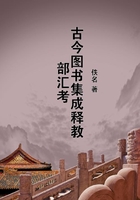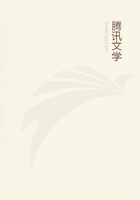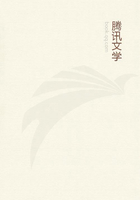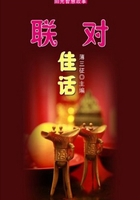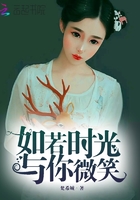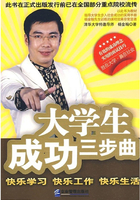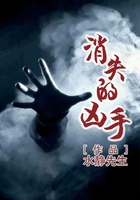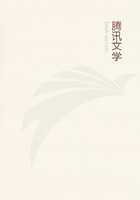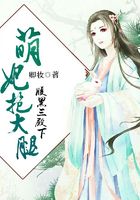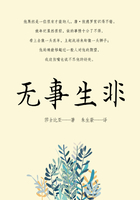The duchess had a library of her own; and we hear of her borrowing romances from ladies in attendance on the blue- stocking Margaret of Scotland. (2) Not only were books collected, but new books were written at the court of Blois.
The widow of one Jean Fougere, a bookbinder, seems to have done a number of odd commissions for the bibliophilous count.
She it was who received three vellum-skins to bind the duchess's Book of Hours, and who was employed to prepare parchment for the use of the duke's scribes. And she it was who bound in vermilion leather the great manuscript of Charles's own poems, which was presented to him by his secretary, Anthony Astesan, with the text in one column, and Astesan's Latin version in the other. (3)
(1) Champollion-Figeac, 387.
(2) NOUVELLE BIOGRAPHIE DIDOT, art. "Marie de Cleves."
Vallet, CHARLES VII, iii. 85, note 1.
(3) Champollion-Figeac, 383, 384-386.
Such tastes, with the coming of years, would doubtless take the place of many others. We find in Charles's verse much semi-ironical regret for other days, and resignation to growing infirmities. He who had been "nourished in the schools of love," now sees nothing either to please or displease him. Old age has imprisoned him within doors, where he means to take his ease, and let younger fellows bestir themselves in life. He had written (in earlier days, we may presume) a bright and defiant little poem in praise of solitude. If they would but leave him alone with his own thoughts and happy recollections, he declared it was beyond the power of melancholy to affect him. But now, when his animal strength has so much declined that he sings the discomforts of winter instead of the inspirations of spring, and he has no longer any appetite for life, he confesses he is wretched when alone, and, to keep his mind from grievous thoughts, he must have many people around him, laughing, talking, and singing. (1)
(1) Works, ii. 57, 258.
While Charles was thus falling into years, the order of things, of which he was the outcome and ornament, was growing old along with him. The semi-royalty of the princes of the blood was already a thing of the past; and when Charles VII. was gathered to his fathers, a new king reigned in France, who seemed every way the opposite of royal. Louis XI. had aims that were incomprehensible, and virtues that were inconceivable to his contemporaries. But his contemporaries were able enough to appreciate his sordid exterior, and his cruel and treacherous spirit. To the whole nobility of France he was a fatal and unreasonable phenomenon. All such courts as that of Charles at Blois, or his friend Rene's in Provence, would soon be made impossible; interference was the order of the day; hunting was already abolished; and who should say what was to go next? Louis, in fact, must have appeared to Charles primarily in the light of a kill-joy. I take it, when missionaries land in South Sea Islands and lay strange embargo on the simplest things in life, the islanders will not be much more puzzled and irritated than Charles of Orleans at the policy of the Eleventh Louis. There was one thing, I seem to apprehend, that had always particularly moved him; and that was, any proposal to punish a person of his acquaintance. No matter what treason he may have made or meddled with, an Alencon or an Armagnac was sure to find Charles reappear from private life, and do his best to get him pardoned. He knew them quite well. He had made rondels with them. They were charming people in every way. There must certainly be some mistake. Had not he himself made anti-national treaties almost before he was out of his nonage? And for the matter of that, had not every one else done the like? Such are some of the thoughts by which he might explain to himself his aversion to such extremities; but it was on a deeper basis that the feeling probably reposed. A man of his temper could not fail to be impressed at the thought of disastrous revolutions in the fortunes of those he knew. He would feel painfully the tragic contrast, when those who had everything to make life valuable were deprived of life itself. And it was shocking to the clemency of his spirit, that sinners should be hurried before their judge without a fitting interval for penitence and satisfaction. It was this feeling which brought him at last, a poor, purblind blue-bottle of the later autumn, into collision with "the universal spider," Louis XI. He took up the defence of the Duke of Brittany at Tours. But Louis was then in no humour to hear Charles's texts and Latin sentiments; he had his back to the wall, the future of France was at stake; and if all the old men in the world had crossed his path, they would have had the rough side of his tongue like Charles of Orleans. I have found nowhere what he said, but it seems it was monstrously to the point, and so rudely conceived that the old duke never recovered the indignity.
He got home as far as Amboise, sickened, and died two days after (Jan. 4, 1465), in the seventy-fourth year of his age.
And so a whiff of pungent prose stopped the issue of melodious rondels to the end of time.
V.
The futility of Charles's public life was of a piece throughout. He never succeeded in any single purpose he set before him; for his deliverance from England, after twenty- five years of failure and at the cost of dignity and consistency, it would be ridiculously hyperbolical to treat as a success. During the first part of his life he was the stalking horse of Bernard d'Armagnac; during the second, he was the passive instrument of English diplomatists; and before he was well entered on the third, he hastened to become the dupe and catspaw of Burgundian treason. On each of these occasions, a strong and not dishonourable personal motive determined his behaviour. In 1407 and the following years, he had his father's murder uppermost in his mind.

